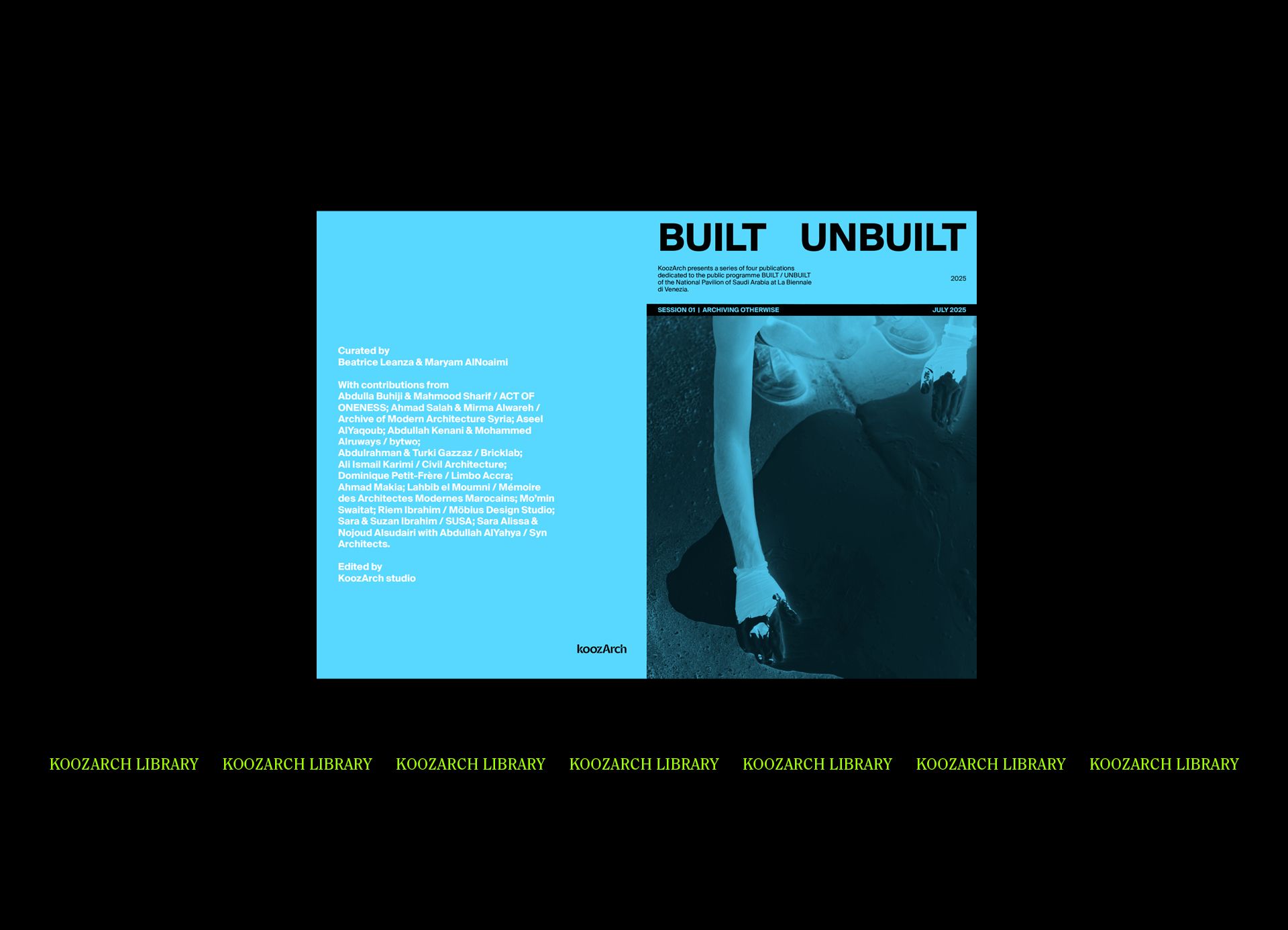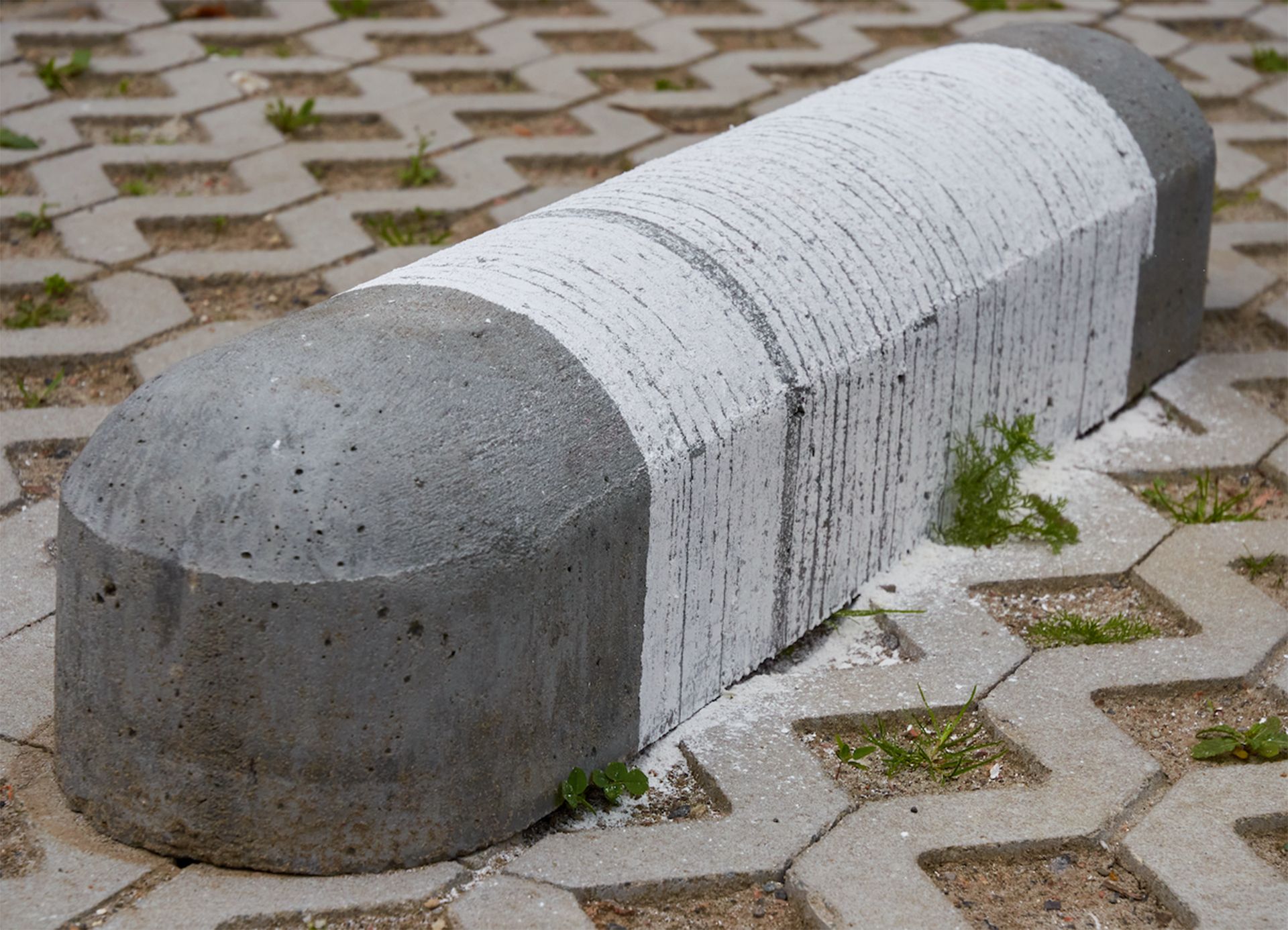New narratives and alternative voices are needed in order to face the sensitive, urgent problems of our time. For this reason, wetlands, a new Venetian publishing project, edits and prints texts on environmental, urban, social, anthropological and cultural issues. Fragility, potential and the desire to move in transitional spaces, i.e., between land and water, are the core of the Venetian experience. And yet, this reality is shared by many other places around the globe. In this conversation, Luca Cosentino - co-founder and president of wetlands - and Enrico Bettinello - member of the editorial board - discuss the genesis of the project, how Venice can work as a laboratory for global ideas and the challenges faced by the contemporary city as a whole.

La rivolta delle palle di neve. 1511. Murano contro Venezia. Claire Judde de Larivière. wetlands
KOOZ Born in Venice in 2021, wetlands is a carbon neutral publishing project focussed on the themes of social and environmental sustainability and the challenges of the Anthropocene. How did the idea for wetlands come about and what informed Venice as a site for the editorial project?
LC | EB The idea stemmed from a series of conversations, held during Covid time, among a number of Venetians that wanted to take concrete actions to help regenerate the city. Eventually, those conversations led to the founding of a non-profit “social enterprise" named ReActiVe. Since the beginning, it seemed to us that a publishing house would be the best option to spread awareness and new ideas about the critical issues that affect the city. That is why we created wetlands. It was clear to us that the peculiar features of Venice - its beauty, its fragility, its iconic status - makes it the best metaphor for a number of issues that extend beyond the city itself and become actually global. These issues - the environment, the hypertourism, the gentrification of the historical center - are experienced by many other cities around the world, and Venice is certainly a privileged place to discuss them, as well as to explore possible solutions.
It was clear to us that the peculiar features of Venice - its beauty, its fragility, its iconic status - makes it the best metaphor for a number of issues that extend beyond the city itself and become actually global.

L’arcipelago delle api. Microcosmi lagunari nell’era della crisi climatica. Chiara Spadaro. wetlands
KOOZ At the intersection of fiction and non-fiction and to promote texts that touch on environmental, urban, social, anthropological and cultural issues, the publications are structured according to three series - Mude, Fondamenta and Barene - each uniquely exploring Venice through distinct lenses. Could you expand on these categories, their names and respective agendas?
LC | EB At the heart of wetlands, there is the strong belief that in order to deal with sensitive, climate change-related problems and with the [un]sustainability of an extractive economic model, we need a new narrative. For us, it is essential to create new readers, to attract people that would not normally buy a book about the damage made by rising tides or the degradation of an empty city center. In order to do this, we decided to avoid lengthy, academic books and try to work out a new narrative - sharp, factual and literary worthy. That is why we have invited well-known and reputed authors, often fiction writers, to cooperate with us. This approach holds for all our books: Fondamenta is a series dedicated to Venice, where the city is always investigated from original, unusual perspectives; Mude includes books that relate Venice with other cities or places around the world - like Naples, New Orleans or Malacca - but also certain rivers in France and Spain, as in Frank Westerman’s book Dittico Idraulico; and finally, Barene, possibly our most ambitious series, is dedicated to the Environmental Humanities, in itself a completely new way of addressing the broad topic of sustainability. Edited by Serenella Iovino and Shaul Bassi, among the most important voices on this subject worldwide, Barene provides an original, unexpected and much looking-ahead approach. Venice and the Anthropocene – an Ecocritical guide, published both in English and Italian, is the best example of the conceptual and narrative directions that we are experimenting with.
We decided to avoid lengthy, academic books and try to work out a new narrative - sharp, factual and literary worthy.
KOOZ Understanding Venice beyond a mere tourist attraction or as the site for international events and institutions - like the Venice Biennale and the Festival del Cinema - wetlands draws attention to the transitional spaces that share Venice’s current fragility and potential for the future. What is the importance of revealing a different Venice besides the one that immediately meets the eye?
LC | EB The literature of Venice is full of books that describe the beauty of the city, its singularity, its unique history and its emotional implications. This literature, often excellent, has contributed to establish a number of stereotypes about the city that have prevented reading Venice in a different human, non-human and ultimately more contemporary way. We believe that Venice should be observed in the general context of the current social and environmental crisis, as it may represent a magnifying lens to understand the world as a whole. And in order to do this, we must open our eyes to different messages that the city is conveying to us: what are the birds, the lagoon, the flora, the bees telling us? We must listen to the voices that have decided to remain here, despite all odds, and to those that have decided to come and live here from abroad. These are the perspectives that we are looking for.

Dittico idraulico. Venezia, Vajont e Il sorriso del salmone. Frank Westerman translated by Claudia Cozzi. wetlands
What are the birds, the lagoon, the flora, the bees telling us?
KOOZ Beyond local perspectives, the project engages with many international writers. How does this inform wetlands' approach and the way you portray and explore the city?
LC | EB Up from the start, we decided that it was important to have an international profile, i.e., to engage writers from abroad that could bring a fresh, new look to the city. In the few months since wetlands’ inception, we have been able to bring to Venice a number of established authors, like Frank Westerman, Hisham Matar, Robert Davis, Nadifa Mohamed, Maaza Mengiste, Eddy Harris and Tash Aw, to name just a few, and to engage with them in some very interesting editorial projects. Furthermore, this international platform is also important for us from another perspective: the possibility of exporting to the outside world the experience of wetlands. In this respect, we are currently evaluating new initiatives and new partnerships that will allow us to broaden our horizon in the next few years.

Mude and Fondamenta book series. wetlands.
It is difficult to single out the most important threat to the city, but the current, apparently unstoppable depopulation of the historical center is certainly one of them
KOOZ In August 2022, Venice made the headlines as the population of its historic centre dropped below the threshold of the 50,0000 inhabitants. What are the biggest problems that the city is facing? How can a project as wetlands help draw attention to these?
LC | EB It is difficult to single out the most important threat to the city, but the current, apparently unstoppable depopulation of the historical center is certainly one of them. Before anything else, it is a political problem. However, we believe that a project like wetlands can draw attention to this situation both from the people and the administration. By highlighting the incredible potential of Venice as a city of the future—a place that inherently possesses the size, the beauty, the social and human proximity that most urbanists around the world try to achieve—wetlands can help people understand that the future is here.
Bio
Enrico Bettinello (Venice, 1971) is a music and performing arts curator, professor, writer and cultural manager. After having directed Teatro Fondamenta Nuove and the European Institute of Design in Venice, he currently teaches Elements of Theatre and Live Art Production at Ca’ Foscari University in Venice, Music Production at the Master in Arts Management of Università Cattolica in Milano and History of Jazz at Venice Conservatory. He is part of the board of directors of Europe Jazz Network and project manager and scientific board member for I-Jazz (the Italian National Jazz Festivals Association). He is a board member of Santa Marta Theatre at Ca’ Foscari University. Enrico also works as a curator for NovaraJazz (we-start production center, residencies and interdisciplinary projects), Pro-Helvetia, Centro Santa Chiara in Trento (as creator and director of New Echoes project), Palazzo Grassi/Punta della Dogana in Venice and TBA21 Academy/Ocean Space (as co-curator and host of podcast Nowtilus).
Luca Cosentino (Venice, 1961) is co-founder and president of the publishing house wetlands. Trained as a geologist, for many decades he has been travelling and living extensively in Africa, America and many European countries. He is author of two books dedicated to African art and archaeology, as well as a travel narrative about Libya. He currently lives and works in Venice.
Federica Zambeletti is the founder and managing director of KoozArch. She is an architect, researcher and digital curator whose interests lie at the intersection between art, architecture and regenerative practices. In 2015 Federica founded KoozArch with the ambition of creating a space where to research, explore and discuss architecture beyond the limits of its built form. Parallel to her work at KoozArch, Federica is Architect at the architecture studio UNA and researcher at the non-profit agency for change UNLESS where she is project manager of the research "Antarctic Resolution". Federica is an Architectural Association School of Architecture in London alumni.





